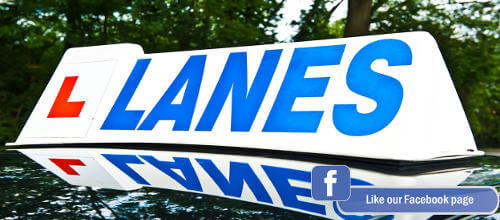
Fraudsters operate in every way you can imagine. The unfortunate truth is that they succeed in scamming people out of their hard-earned money and are constantly coming up with new and ingenious methods of getting around the walls put up by authorities to try to stop them. Our article this month focuses on how they target motorists and what you can do to stay safe.
According to the DVLA (Driver and Vehicle Licensing Agency) there were over 1,200 reports of online tax scams during a three-month period in 2018. When the time comes to pay your vehicle registration tax, there is only one safe way to do it if you are going online – through the GOV.UK website. This way you know that you are dealing with the genuine DVLA and not some fraudster trying to get money off you. The latest scams that the DVLA has become aware of include the following:
Emails
Fraudsters will send an email claiming to be the DVLA and sending you a link to make a payment.
Websites
Fake or third-party websites can look very authentic and even if they are intermediaries, they will charge you more than you would be paying on GOV.UK to apply for a driver’s licence or to tax your car.
Texts
Texts have been circulating to say that you are entitled to a refund, together with a link. Clicking on that link will take you to a page asking for your credit or debit card details in order to release the refund.
Premium rate phone numbers
Some websites claim to connect you to the DVLA call centre, but they use a premium number which could end up costing you a lot of money.
How to stay safe
There are a few things you can do to ensure you stay safe and don’t fall victim to fraudsters:
- Only ever use the official DVLA website for anything related to driving and vehicles. If you are unsure go through the GOV.UK website and navigate to the DLVA’s pages.
- Never click on any links whether you receive them through an email or text message. Report the text or email and then delete it to avoid any accidental clicks later on.
- If you are calling the DVLA look out for the 0300 number which will only ever cost as much as a local call. Anything else is likely to be a premium number through a third party and therefore excessively expensive.
- Be wary of what you share online. Social media is a way of life nowadays and fraudsters will take full advantage wherever they can. Sharing information such as vehicle details or images of vehicle documents or even your driver’s licence could result in identity theft.
- Report any suspicious emails, texts or messages to the Police via Action Fraud to help shut fraudsters down.
For any driving related queries, for information on a driving course or to book a new driver or refresher course get in touch with us at Lanes School of Driving. With over 100 years of experience we make sure you are safe on the road at all times. Get in touch by phone on 020 8166 5678 for an informal chat or to book your first lesson.

